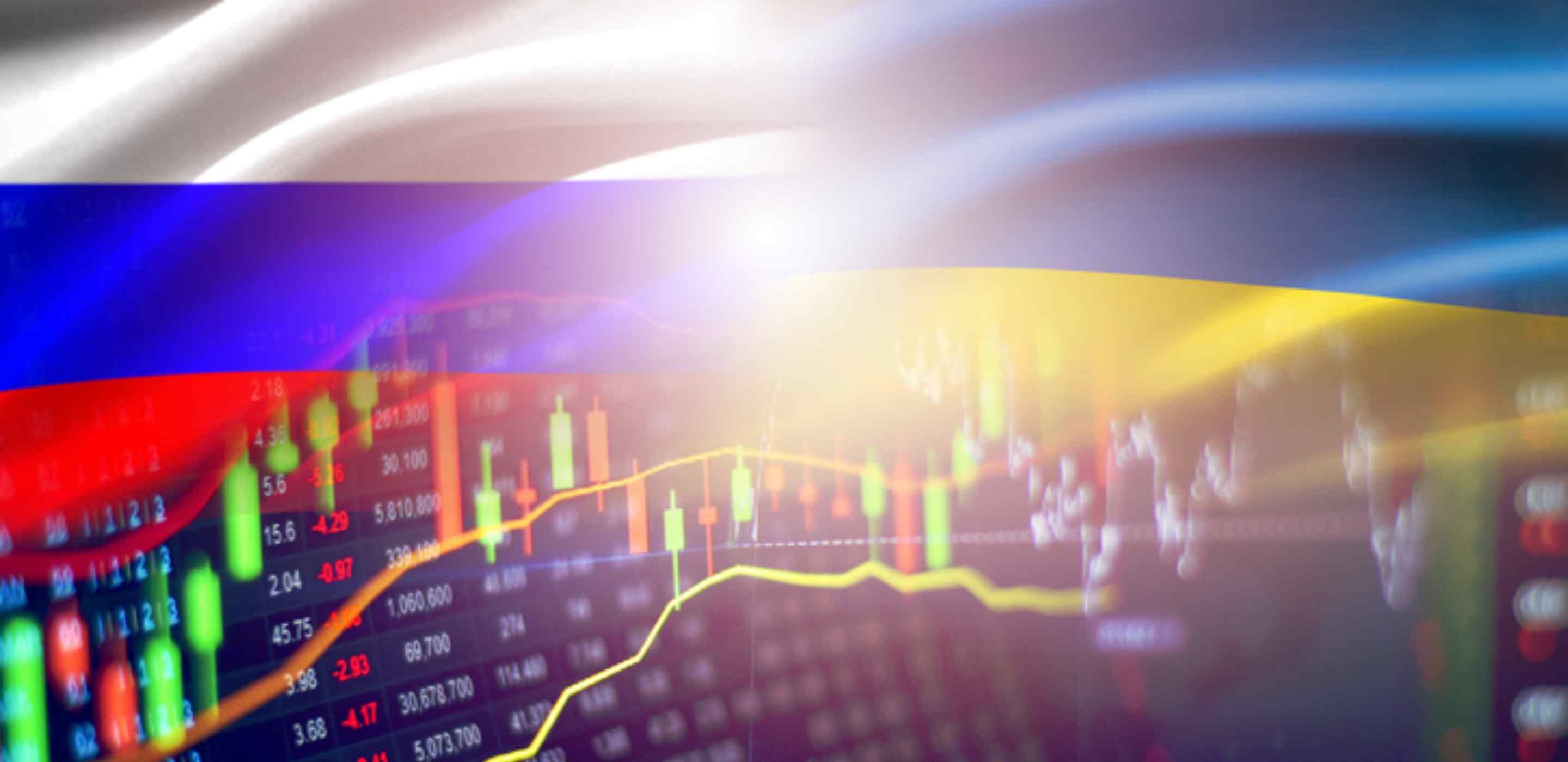The current surge in energy and commodities prices is happening against a fragile global economy ready to tip into recession. In the first installment of this two-part article, George Voloshin, a corporate intelligence professional and sanctions expert, analyzes the economic and geopolitical interplay between the Covid-19 pandemic, higher prices and sanctions linked to the Russia-Ukraine war.
Commodities boom amid sanctions
In a previous HC Insider podcast in May 2022, Voloshin painted a worrisome picture of the world as it emerged from the pandemic and became immediately engulfed in geopolitical shocks.
The Covid-19 pandemic has wrought massive disruptions to global supply chains and has shaken up energy markets as never before in modern history. The European energy crisis, which began in earnest in 2021, is a good illustration. Faced with reduced demand from Europe in 2020 and early 2021, Russia’s Gazprom pumped significantly less natural gas into European underground storages. With the pandemic receding over the fall of 2021, pre-winter demand surged, sending the spot price of gas soaring to unprecedented levels.
There has been much debate about how much of a geopolitical hand Gazprom had played by artificially restraining supplies to Europe amid escalating tensions over Ukraine. However, most industry experts agree that Gazprom’s capacity to satisfy unmet demand on its own in the winter 2021-2022 was more illusory than real.
Covid-19 has proved costly in other ways, too. Prolonged underinvestment in new production, for oil, gas and other commodities, will be felt for years to come especially because of societal, ESG-driven pressure to move away from fossil fuels. Coordinated sanctions from Western nations against Russia since it invaded Ukraine on February 24th are only adding to the inflationary pressure caused by growing imbalances between supply and demand. To date, Western countries have imposed full embargoes or more limited restrictions on Russian-sourced oil (US, Canada, EU, UK, Australia), natural gas (US, Australia), coal (US, EU, UK, Australia), and some metals (US, Canada, EU, UK, Australia, Japan, UK).
The Biden administration has turned its attention to shoring up production outside of the US, including Venezuela, a long-time foe.
Most western jurisdictions have further imposed bans on port access by Russian vessels. The EU has most recently prohibited its insurance companies from providing cover for Russian oil cargoes, and the UK is planning to follow soon.
As for agricultural commodities like fertilizers, they have not been directly sanctioned, except for an EU import quota applicable to Russian potash fertilizer. This quota is designed to prevent Belarus from circumventing the full EU ban on its own potash fertilizer by selling it through Russia. Regardless, logistical disruptions caused by self-sanctioning quickly resulted in not enough Russian fertilizers getting to market, on top of issues with financial intermediation.
The shifting sands of US foreign policy
Energy inflation has been a key contributor to global inflationary trends since 2021. The US has been no exception. According to the US Bureau of Labor Statistics, the Consumer Price Index rose in June by 9.1% year-on-year whereas annual core inflation (excluding food and energy) rose 5.9%. As the average price of gasoline in the US topped $5/gallon in early June before slightly leveling off by mid-July, the Biden administration is facing the increasingly likely prospect of losing its thin majorities in both chambers of Congress in the upcoming mid-term elections on November 8th.
To counter the Republican narrative about its poor handling of the inflationary crisis and stave off electoral defeat, Joe Biden’s White House has been seeking remedies both domestically and internationally. Since March, President Biden has repeatedly met with and called on US oil industry executives to pump and refine more oil, with no success. Refineries are already operating at near-maximum capacity while producers are wary of a new glut, as seen during the first pandemic year. They have also been burdened with structural problems due to exploration and production underinvestment and a strict focus on profitability.
Therefore, the Biden administration has turned its attention to shoring up production outside of the US, including Venezuela, a long-time foe. In late May, according to media reports, it issued licenses to Chevron and four oilfield services companies to let them restart production, however limited, in Venezuela. In early June, it further authorized Italy’s Eni and Spain’s Repsol to ship some Venezuelan oil to Europe.
Meanwhile, Biden visited Saudi Arabia in mid-July to mend fences with the kingdom by officially recognizing Crown Prince Mohammed bin Salman (MbS) with whom he had earlier refused to deal with after calling his country a ‘pariah’. Yet, President Biden returned home empty-handed despite initial expectations that MbS might decide to boost production to bring some price relief for gasoline.
The world of commodities is going through unprecedented shifts not seen in decades. High commodity prices may be a boon for some producers and exporters. But in contrast with the early 2000s, the odds that the current so-called commodities super-cycle might end with a generalized recession are higher than ever. In any case, a combination of Covid-19’s long-term after-effects and tough sanctions against a global energy player like Russia will have far-reaching implications for global and regional geopolitics, and domestic politics and socioeconomic stability in dozens of countries. Russia has already been hit hard, as examined in the second, upcoming installment of this article.

